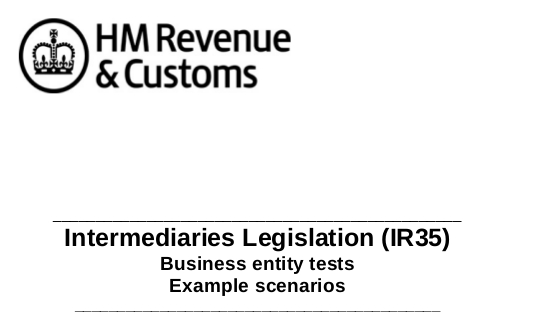VAT and financial services:
Are you losing out on VAT?
VAT and financial services is a very tricky area and this video presentation gives a brief overview:
https://www.youtube.com/watch?v=IaYzGej4p0c
The main points covered are:
1) VAT and financial services exemptions under VAT Act 1994 Schedule 9 Group 5 (eg money, loans, securities, advising collective investment scheme)
If a firm is making exempt sales, then it doesn’t have to pay any VAT on income to HMRC, however it also cannot reclaim VAT on its expenses.
2) Standard rated items, mainly looking investment management/advisory. If a firm is providing advice or is using its discretion to manage investments or funds and isn’t merely executing transactions according to clients’ instructions, then these services are taxable at 20%. Either the client has to pay an extra 20%, of the firm has to take a hit of 20% on its fees.
This may be avoided by carefully structuring the services with an SPV so that the investment manager has an interest in the trading profits of the fund, as a principal. Therefore, its share of profits would be exempt.
If the investment manager is an external entity providing services as an agent, then even if its consideration is contingent eg 20% of trading profit if hurdles met etc, then they would still be subject to VAT
3) The place of supply rules need to be checked. If the client is located outside of the UK, then the sales may be outside the scope of VAT. In this case, no VAT is due on sales and the firm may be able to reclaim VAT on its expenses if the sales would normally have been subject to VAT if supplied in the UK.
Contact us
This is a brief summary. VAT and financial services is a very complex area and we can discuss your circumstances and look at your contracts, as well as the legislation and VAT cases to design a VAT strategy. Please contact us for a free, no obligation consultation to discuss your requirements. Our base at Liverpool Street is within easy reach of the City, Canary Wharf or Mayfair or we could also visit you at your offices.


